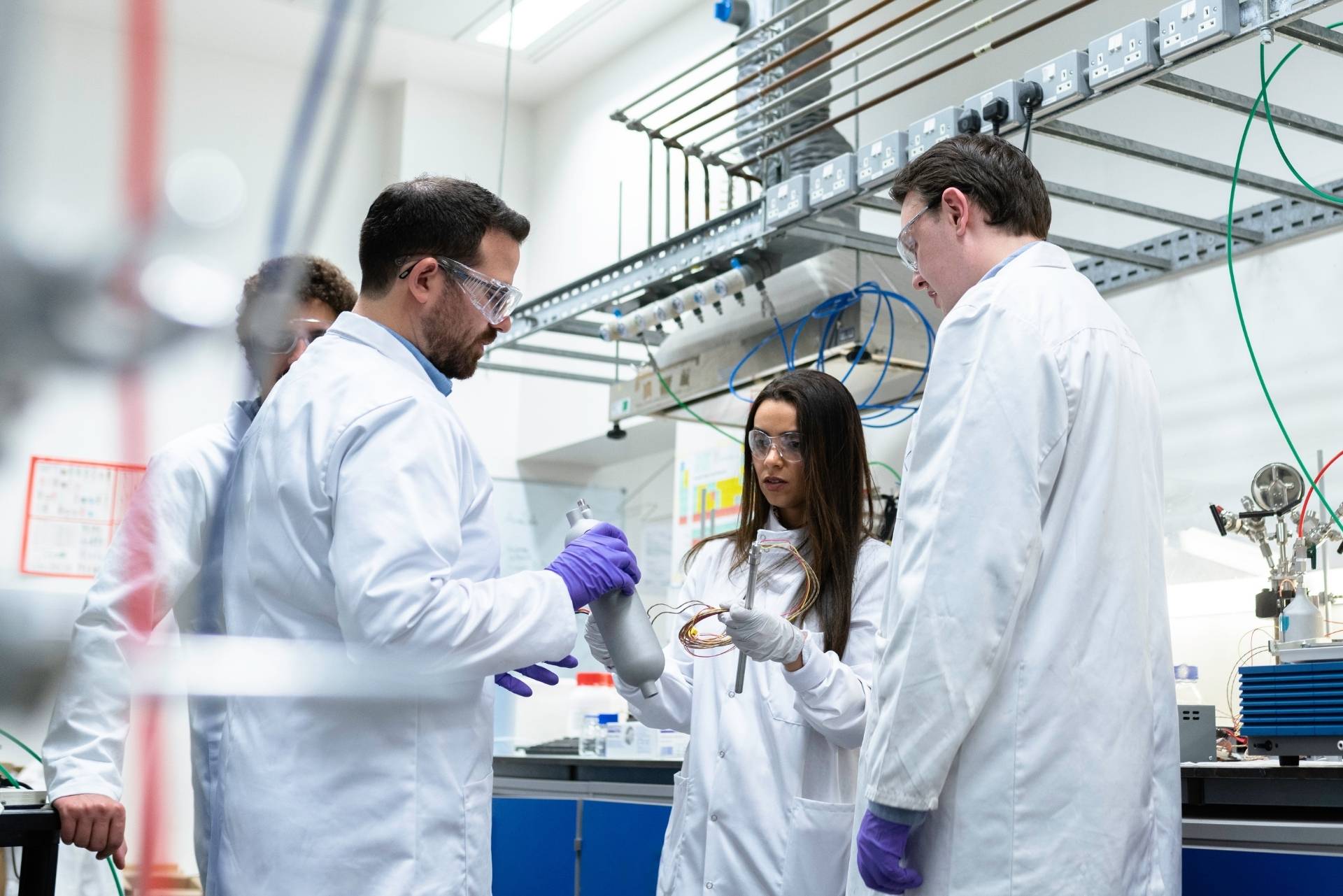Register Your Interest
Register your interest in the course. When we schedule dates, we will be in touch.
Register your interest in the course. When we schedule dates, we will be in touch.
Learn more about the course by toggling through the tabs below. Scroll down to view the agenda, trainer info and who should attend.
Analytical equipment should be qualified and computer systems should be validated to demonstrate suitability for their intended use. To be acceptable to regulatory authorities, electronic records must comply with 21 CFR Part 11, Annex 11 to EU GMPs and more recent data integrity guidance’s. Recent EU and FDA regulatory enforcement actions demonstrate that qualification, validation and electronic records are priority areas for inspection. Recently there have been many FDA warning letters and the frequency of EU enforcement action in these areas.
This training course guides you through equipment qualification, calibration and computer system validation processes from planning to reporting. It also explains regulatory requirements in these areas, including EU and US GMPs, as well as data integrity guidances from national and international regulatory sources. Once completed you will have the confidence to conduct analytical instrument qualification and computer system validation, ensuring you are compliant with global regulations.
With the Educo Post Learning Implementation Plan (PLIP) you will have the framework to apply and implement the knowledge acquired in the training, supporting you in your development. Learn more about how we deliver live online training.
Find out when this course is running so you can plan your training. Scroll down to view the full agenda.
1 Week Live Online Training
Register at the top of the page.
If you want to train a small group, we offer a group discount between 5% and 50% depending on the course and number of attendees.
For a quote, complete our contact form by following the link. Get in touch.
We also design and deliver fully customised team training focused on your products, processes, technologies and challenges. This is ideal for specific training requirements or larger groups. Please get in touch with us for more information.
For more information, complete our contact form by following the link. Get in touch.
Pre-course
Action Plan
Reinforcement Session
Requirements and approaches for Analytical Instrument Qualification
Qualification in Practice
Testing and deviation handling
Retrospective qualification and Requalification
Equipment Maintenance and Change control
Type and extend of qualification for USP Instrument Categories
Requirements and approaches for GMP Computer Systems
Validation of Laboratory Computer systems
Validation and Use of Excel in the QC Laboratory
Configuration management and change control
Periodic revalidation of chromatography data systems
Handling raw data and other laboratory records
Ensuring Integrity and Security of GMP data
Auditing Laboratory Computer Systems

Dr. Mark Powell is a Fellow of the Royal Society of Chemistry (RSC) with over 30 years’ experience as an analytical chemist. In 2003, he helped to set up a UK-based contract research and manufacturing company specialising in early-stage drug development, where he ran the analytical development programme. His responsibilities included commissioning and validating laboratory data systems and training staff.
In 2013, he set up his own company which offers training and consultancy services to the pharmaceutical industry. These include guiding the CMC aspects of drug development programmes and training in areas such as chromatography, dissolution testing, data integrity, method development/validation, analytical instrument qualification, technical writing and auditing.
Mark not only brings a huge amount of knowledge and experience to his workshops but excellent at delivering interactive and engaging courses with multiple examples throughout.
This course is aimed at professionals involved in qualifying and validating analytical equipment and computer systems. These includes IT/IS managers and system administrators | Quality Assurance Personnel | Quality Control Professionals | Laboratory Personnel | Analytical Scientists | Validation Scientists | Regulatory Affairs |Training Departments | Documentation Departments.
 Select options
This product has multiple variants. The options may be chosen on the product page
Select options
This product has multiple variants. The options may be chosen on the product page
